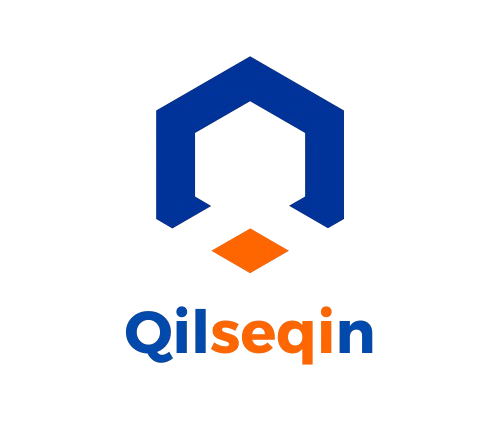The Hidden Wiki is a term often mentioned when discussing the darker side of the internet, a realm that exists far beyond the reach of traditional search engines and public-facing websites. This online directory serves as a guide to the “dark web,” which can only be accessed through specialized software like Tor, a privacy-focused browser designed to allow users to browse the web anonymously. While the Hidden Wiki is just one of many directories on the Tor network, it stands out for its role in connecting users to the multitude of .onion websites that exist within this hidden section of the internet.
At a basic level, the Hidden Wiki is a website that lists links to various other websites on the Tor network. These sites are hosted on the .onion domain, which is unique to the Tor network and inaccessible via standard browsers like Chrome or Firefox. To access these websites, individuals must use the Tor browser, which routes traffic through multiple layers of encryption to hide users’ locations and identities. This added layer of security makes it difficult for anyone—whether governments, corporations, or hackers—to trace the activities of those browsing the dark web.
The content available on the Hidden Wiki is diverse. It contains links to various resources that serve different purposes, from secure communication platforms and privacy tools to forums, blogs, and online marketplaces. Some of the websites listed provide essential services for people who need to keep their communications private, such as journalists, whistleblowers, and activists working in regions with oppressive governments. For these individuals, the dark web offers a crucial space where they can communicate securely and access uncensored information without fear of retaliation or surveillance.
However, the Hidden Wiki is also infamous for being home to illicit and illegal activities. Because of the anonymity that Tor offers, the dark web has become a haven for individuals involved in criminal activities, such as the sale of illegal drugs, weapons, and stolen data. Numerous dark web marketplaces exist where buyers and sellers trade goods and services that are illegal in most parts of the world. These sites are often listed on the Hidden Wiki, which means that users who explore the directory might accidentally stumble upon harmful or illegal content.
Beyond illegal transactions, the Hidden Wiki also provides links to websites promoting hate speech, conspiracy theories, and other extremist ideologies. The anonymity offered by the dark web allows these individuals to express views that would typically be censored or hidden wiki blocked on the surface web. This creates an environment where harmful content can thrive, which is why the dark web often attracts both fascination and concern.
Despite its reputation, the Hidden Wiki is not inherently bad. Many people use the Tor network for legitimate reasons, such as protecting their privacy, avoiding censorship, or accessing information in environments where the freedom of speech is restricted. The Hidden Wiki, in this context, becomes an invaluable resource for people seeking a more secure and open way to communicate and browse the internet.
The Hidden Wiki itself is a constantly evolving entity. As new websites are created, links are added to the directory, and as sites are taken down, the directory is updated to reflect those changes. Because the dark web is so decentralized and difficult to monitor, the content and links found on the Hidden Wiki can change rapidly, making it both a dynamic and unpredictable space.
In conclusion, the Hidden Wiki represents a complex and multifaceted part of the internet. While it offers a space for individuals to access uncensored information and communicate securely, it also harbors illegal activities and dangerous content. As with any part of the internet, caution is advised when navigating the Hidden Wiki. It is a space where anonymity and freedom of expression intersect with risks and potential harm, making it a place that demands responsibility from those who choose to explore it.
